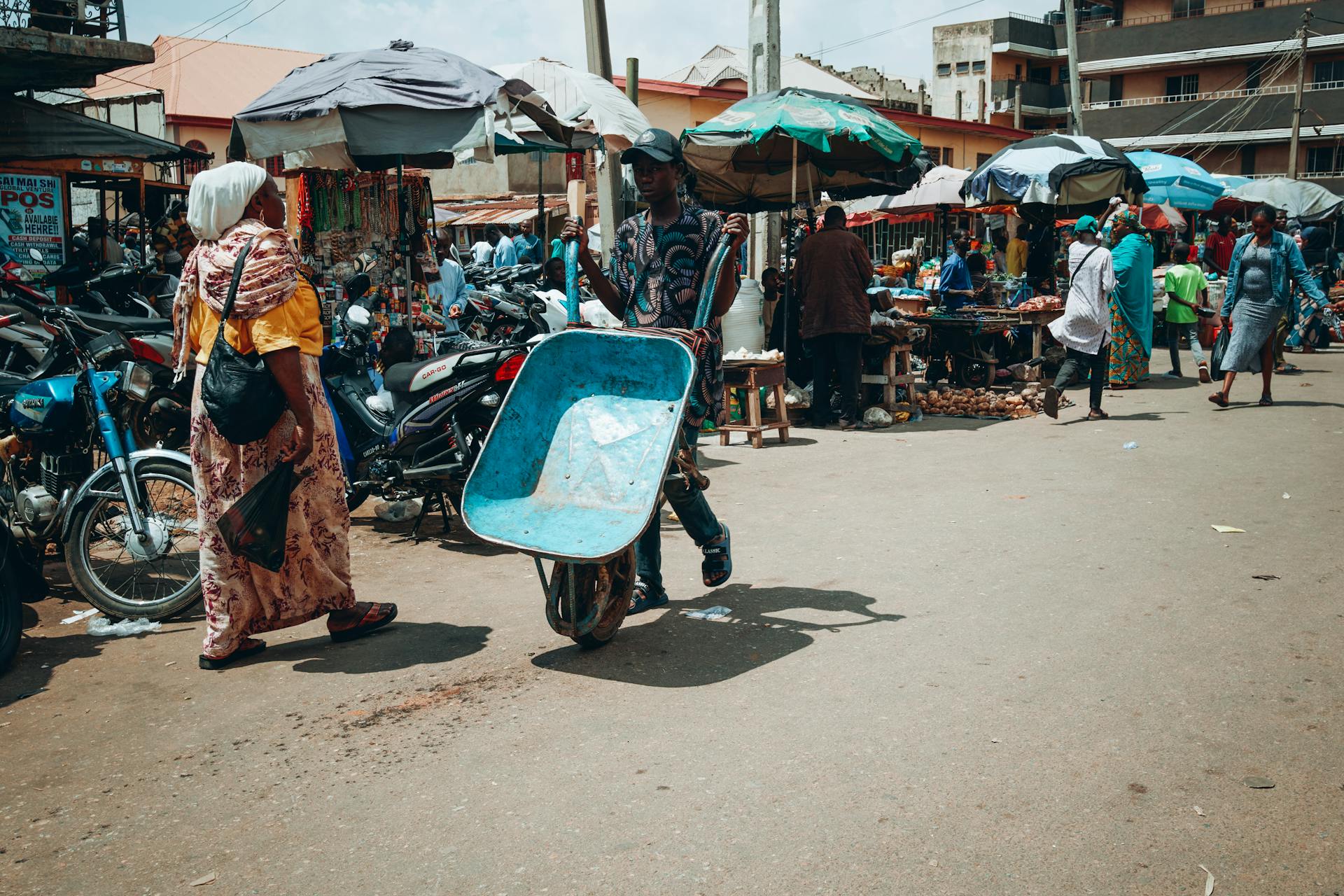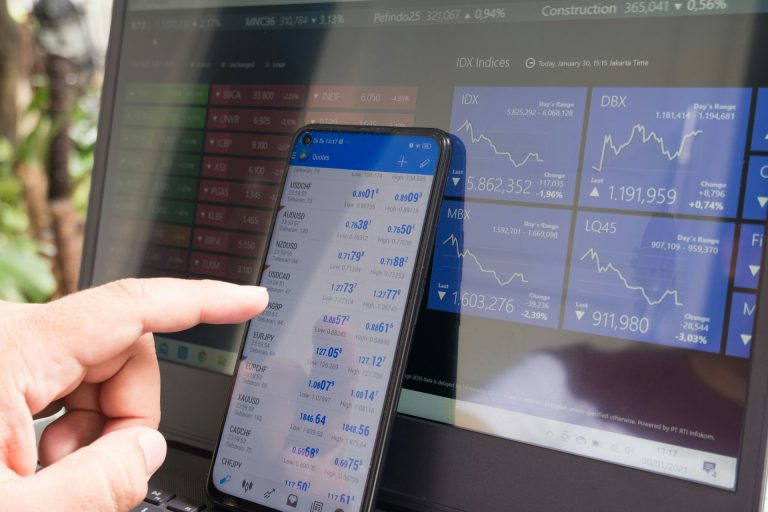- Nigeria’s debt hits $97bn amid oil revenue slump
- Tinubu seeks $2.3bn loan and new Sukuk bonds
ABUJA, NIGERIA – Nigeria’s public debt climbed to $97.23bn in Q1 of 2025, reflecting a 3.27% rise as the government increased borrowing to cover a widening budget deficit caused by falling oil revenues.
Domestic debt accounted for 52.72% of the total, reaching 78.75 trillion naira ($51.26 billion), while external debt stood at 70.63 trillion naira ($45.97 billion), according to figures released by the National Bureau of Statistics (NBS). The bureau said the increase represented “a growth rate of 3.27% on a quarter-on-quarter basis.”
The NBS publishes Nigeria’s public debt data twice yearly – at the end of the second and fourth quarters.
Oil dependence and fiscal strain
Africa’s biggest oil exporter has seen its finances deteriorate as crude output lags behind targets. Once responsible for more than 80% of government revenue and over 90% of foreign income, oil exports have declined sharply since 2021 due to sabotage, theft, and underinvestment in exploration and production. Nigeria has consistently failed to meet its Organization of Petroleum Exporting Countries (OPEC) quota for four consecutive years.
The 2025 federal budget of 54.9 trillion naira is predicated on oil production of 2.06 million barrels per day at $75 per barrel. However, output has averaged just 1.68 million barrels daily this year – well below the target and far from the 2.6 million barrels per day recorded more than two decades ago. The shortfall has forced the government to rely heavily on debt to finance spending.
On October 8, President Bola Tinubu asked lawmakers to approve an additional $2.3 billion loan to fill budget gaps. His administration also plans to issue $500 million in Sukuk bonds to tap Islamic financing markets. Proceeds will be used to support the budget and refinance a $1.118 billion Eurobond issued in 2018 with a 7.625% coupon rate that matures in November.
Return to international debt markets
After a two-year break, Nigeria returned to the Eurobond market in December 2024, raising $2.2 billion. The new tranches included 6.5-year notes yielding 9.6% and 10-year bonds at 10.3%, attracting over $9 billion in subscriptions. Investors were drawn by Nigeria’s high yields amid falling interest rates in advanced economies.
Eurobond obligations now stand at $17.45 billion, forming part of the government’s wider debt management plan. Meanwhile, domestic borrowing instruments include federal government bonds, treasury bills, Sukuk issues, and the conversion of central bank “ways and means” financing. The category also covers promissory notes and debts owed to contractors.
With oil revenues still under pressure and borrowing costs climbing, analysts say Nigeria faces a delicate balancing act between stimulating growth and maintaining fiscal stability.











